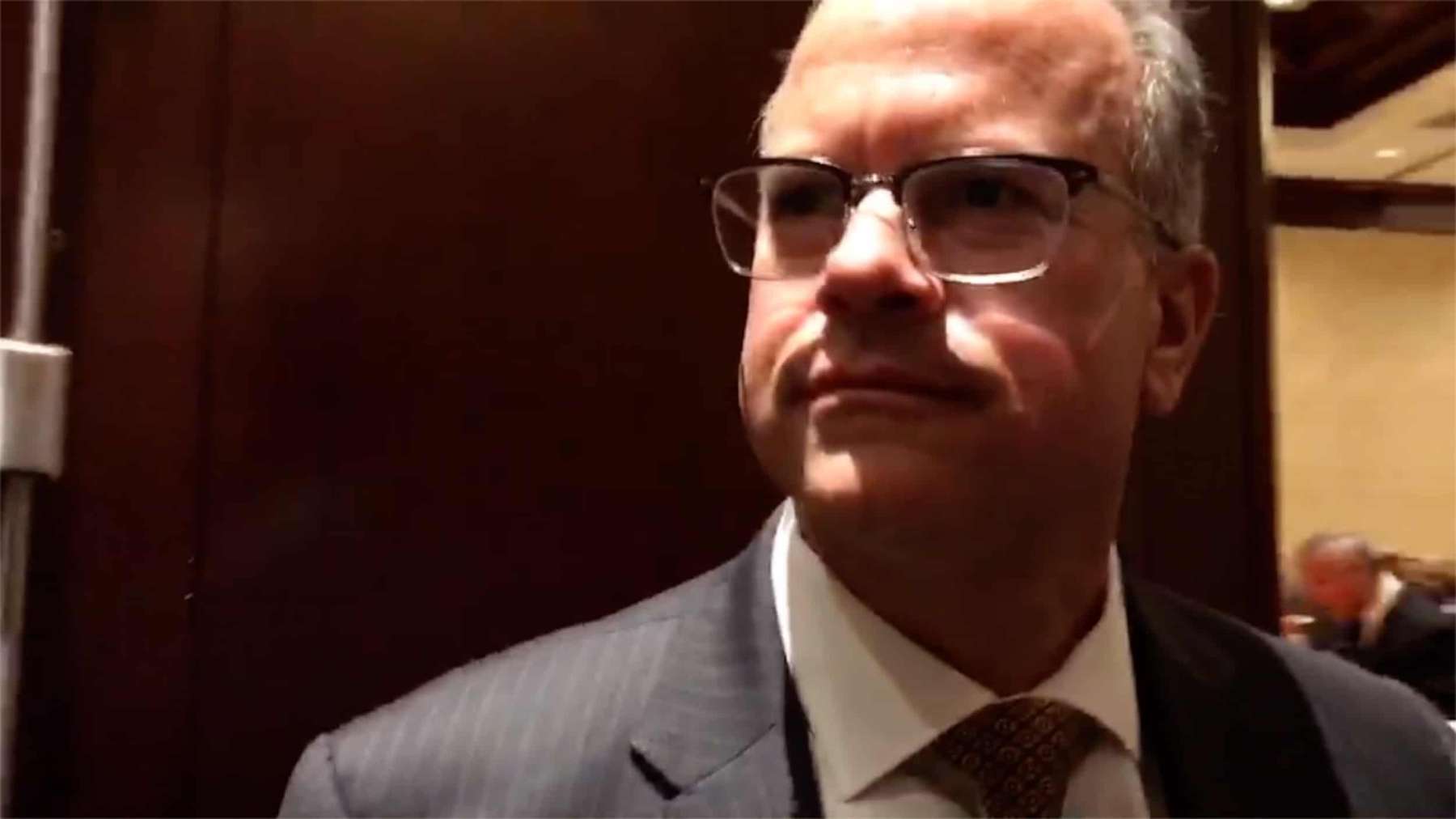Mattiello’s plan to increase rainy day funding is austerity economics… and Rhode Islanders will suffer
“This rainy day is going to last more than a year and trying to pay it back next year is really, really, really dumb…” Rhode Island House Speaker Nicholas Mattiello has introduced an amendment to the Rhode Island State Constitution that would double the funding of the budget reserve account, aka the “rainy day fund” and impose limits state spending.
August 5, 2020, 3:33 pm
By Steve Ahlquist
“This rainy day is going to last more than a year and trying to pay it back next year is really, really, really dumb…”
Rhode Island House Speaker Nicholas Mattiello has introduced an amendment to the Rhode Island State Constitution that would double the funding of the budget reserve account, aka the “rainy day fund” and impose limits state spending. A bill introduced by the Speaker, which was intended to accomplish much the same purpose legislatively, has been withdrawn.
Increasing the rainy day fund might be a fine idea in times of economic plenty, but in a time of a decreasing state revenues and increasing costs due to the COVID-19 pandemic, Mattiello’s plan is exactly the wrong tactic, unless you’re plan is to defund social services.
“Now is our rainy day,” said State Senator Samuel Bell (Democrat, District 5, Providence) in response to a query from Uprise. “Now is not the time to be diverting more revenue away from our budget. Pushing this now means deep cuts that will hurt our recovery.”
The Economic Progress Institute (EPI) agrees. In testimony presented to the House Finance Committee last week it was estimated that Mattiello’s proposal would “take close to a half-billion dollars of revenue out of the regular budget and appropriations process, including tens of millions of dollars before Rhode Island has fully emerged from the current economic crisis.
“These funds,” continued EPI, “are urgently needed for critical public services, including housing, healthcare, workforce development, and transportation. In better times, the state can start putting aside additional funds; there is no good reason to mandate this right now.”
The Speaker has argued, through House Spokesperson Larry Berman, that “it’s time to talk about adequate funding for the rainy day fund in the event of a severe economic downturn like the one we are experiencing. The current rainy day fund was not nearly enough to cover the revenue losses in the current crisis.”
The problem is, we’re not out of the current economic crisis. And imposing budget restrictions now will only make it harder for the state to provide the kind of assistance people and businesses need to weather this, with the most vulnerable populations once again bearing the brunt of the cuts.
“This rainy day is going to last more than a year and trying to pay it back next year is really, really, really dumb,” said Tom Sgouros, public finance consultant and contributor to Uprise. The Speaker’s plan, continued Sgouros, “doesn’t ‘smack’ of austerity. It is austerity.”
Austerity is a set of policies that restrict government spending to reduce deficits. On the international scene, austerity has been a disaster.
Austerity does nothing for vulnerable people, but it is good for the very rich, and has been called, “just one part of a wider elite plan to radically re-engineer society and everyday life in the interests of profit, consumerism and speculative finance.”
“The language Speaker Mattiello used to describe his resolution certainly indicates that it is another austerity measure dressed up to seem imaginative, compassionate, and sensible,” reponded ReclaimRI, a group advancing a progressive economic agenda. “What we see here is another attempt to ‘balance the budget’ and ‘reduce spending without even a glancing mention of the most obvious and humane option for funding essential state services: raising taxes on the wealthy and corporations. Any budget that will not do so fails the people of Rhode Island.”
It’s not just those on the political left who are opposed to Mattiello’s plan. Michael DiBiase, who heads up the right-wing think tank the Rhode Island Public Expenditure Council (RIPEC), warned that increasing the rainy day fund “should be done in a way that doesn’t hurt the state financially in the short-term.” RIPEC consistently lobbies in opposition to legislation that would raise the minimum wage or otherwise help workers in Rhode Island at the State House.
Austerity policies have been failures everywhere they have been applied. In fact, “…austerity has been not only an economic failure, but also a health failure, with increasing numbers of suicides and, where cuts in health budgets are being imposed, increasing numbers of people being unable to access care.”
Introducing such irresponsible legislation during a pandemic is a recipe for disaster, and unimaginable suffering. Speaker Mattiello is, as usual, focused on the wrong issues.






